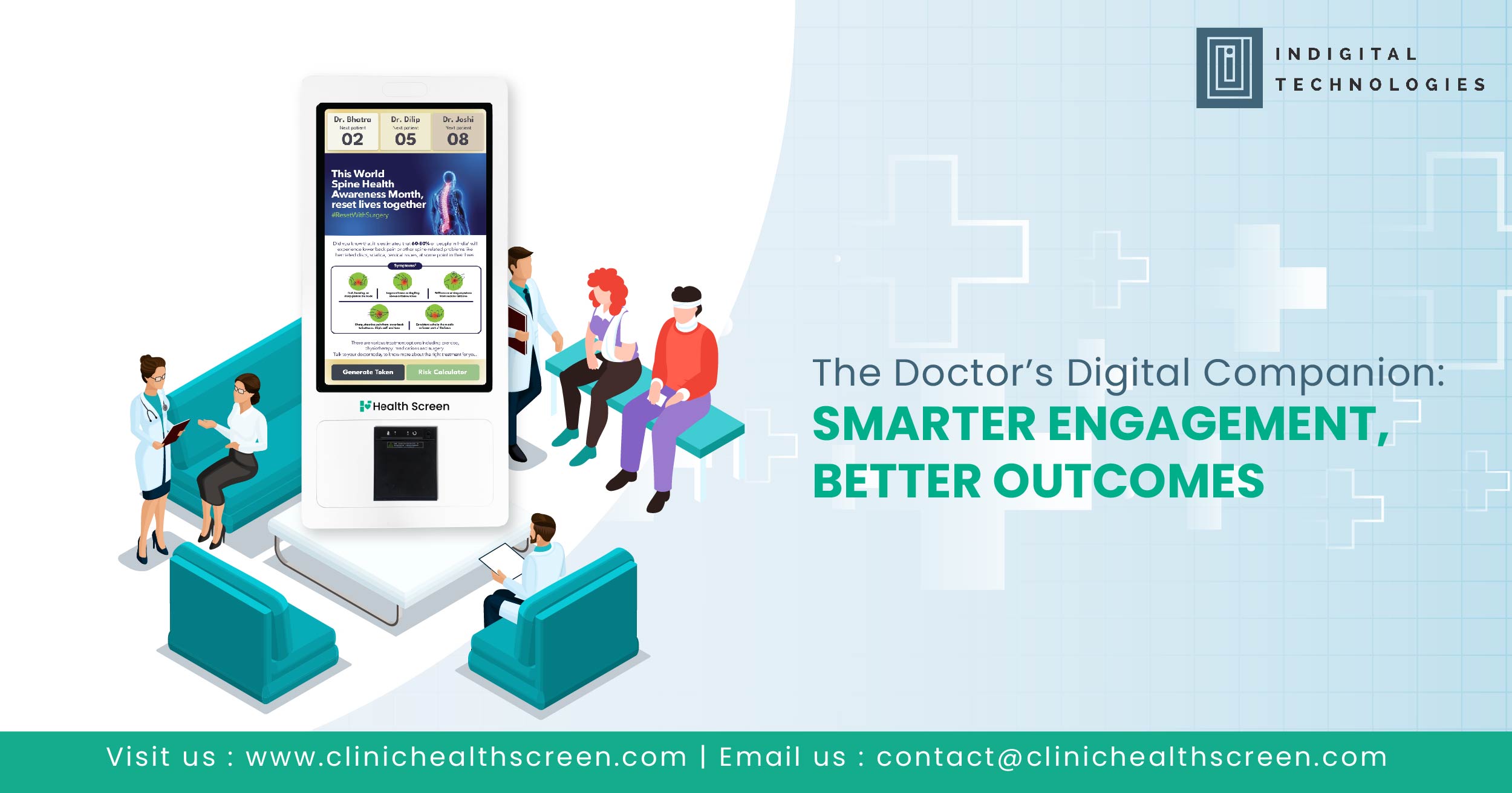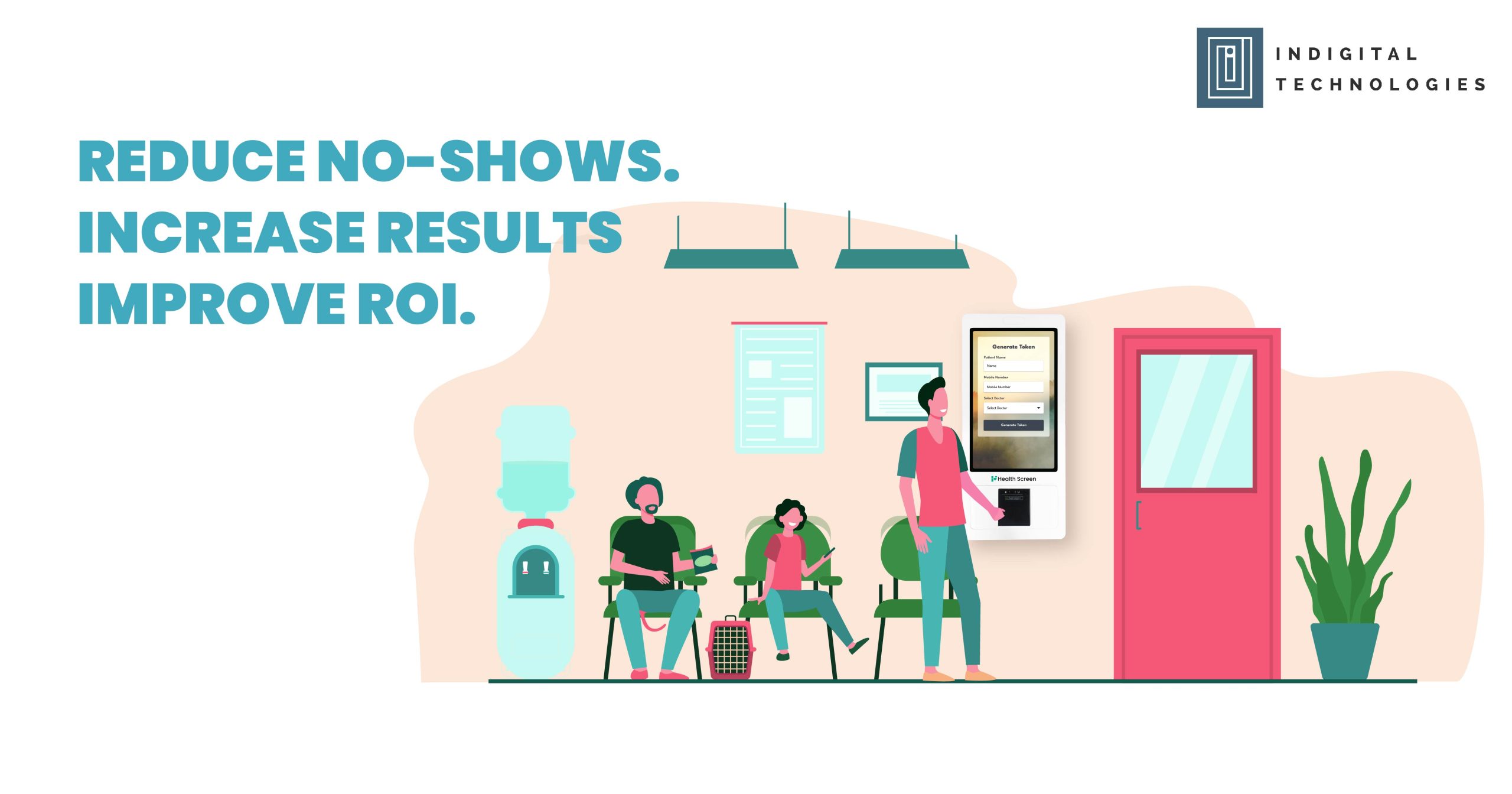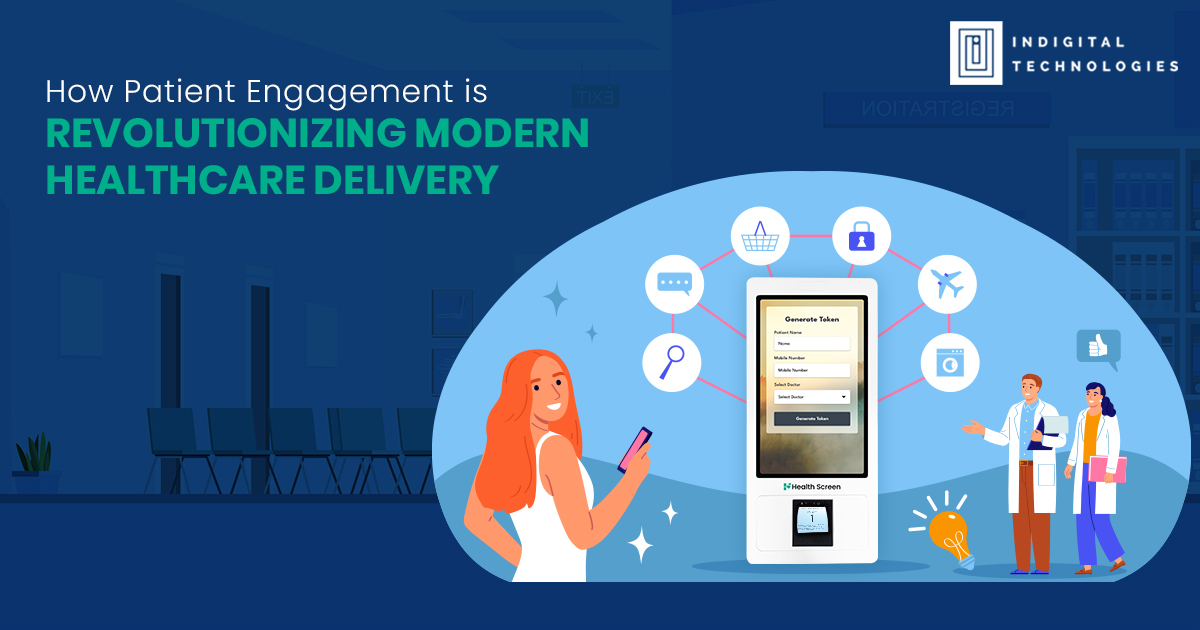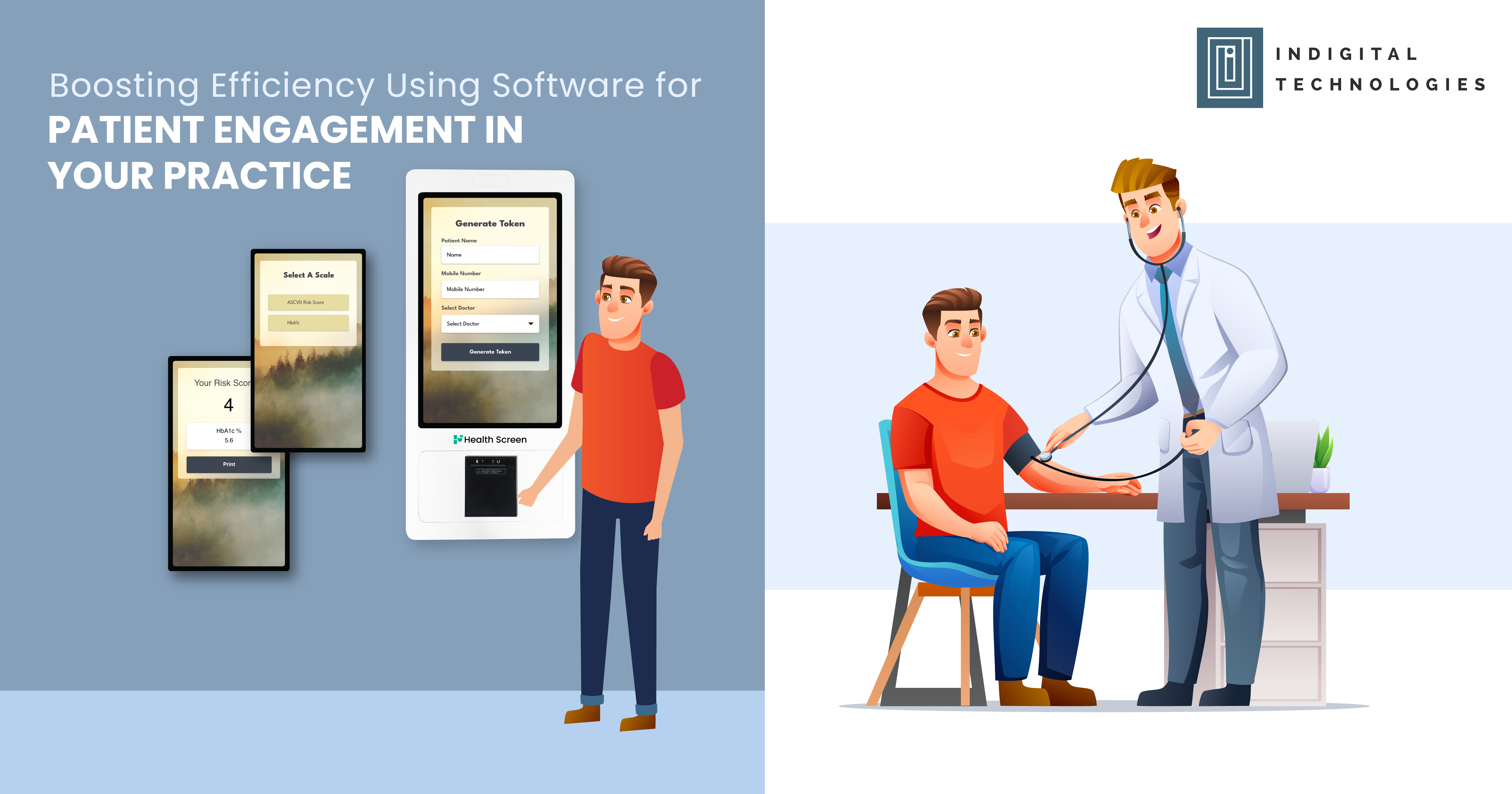Introduction: Doctors Don’t Need More Work—They Need Smarter Support
In today’s high-pressure clinical environment, doctors are juggling more than ever—patients, records, diagnostics, and follow-ups, all under tight time constraints. What they don’t need is another app, form, or tool that adds to their workload. What they do need is a digital companion—something that works silently in the background, automating workflows, enhancing communication, and improving patient engagement without getting in the way.
This is the promise of today’s most effective clinic engagement platforms: to be the doctor’s right hand, not another task on the list.
1. Automation That Works While You Work
From managing patient tokens to triggering follow-up alerts, modern engagement tools take care of the small but essential processes doctors shouldn’t have to think about.
✅ Queue display & callouts
✅ Appointment management
✅ Risk flagging and triage tools
✅ Auto-reminders via WhatsApp/SMS
The result? More time to focus on care, not coordination.
2. Explaining Conditions—Visually and Quickly
Many consultations are slowed down because patients need help understanding their diagnosis. A digital screen that plays animated health explainers or a visual tool showing anatomical conditions can reduce explanation time without compromising clarity.
These tools become a virtual assistant—educating the patient while the doctor plans the next step.
3. Turning Idle Moments into Engagement Moments
What if a patient waiting to see the doctor also learns about managing hypertension? Or how to take their diabetes meds correctly?
Smart clinic companions transform the waiting room into an education zone—offering valuable, branded, and condition-specific insights, improving adherence before the consultation even starts.
4. Better Records. Better Risk Awareness.
Digital systems now offer real-time risk scores and behavior insights collected right at check-in. A patient’s input on a screen or mobile device can alert the doctor about a missed red flag—before the first word is spoken.
This data becomes the foundation for personalized and preventive care, rather than reactive treatment.
5. A Platform That Helps Doctors—Not Just Patients
The best tools don’t just serve the patient—they support the doctor. With dashboard insights, feedback loops, and data analytics, these platforms help doctors:
- Identify high-risk trends
- Monitor patient flow
- Improve satisfaction ratings
- Increase operational efficiency
All of this, without interfering with the medical judgment—just making it sharper and smarter.
Conclusion: Every Doctor Deserves a Digital Ally
Medicine is personal, but it doesn’t have to be manual. With the right digital companion, clinics become faster, patients become better informed, and doctors stay in control without burning out.
Because great care isn’t just about what a doctor knows—it’s about how smartly that knowledge is delivered.





